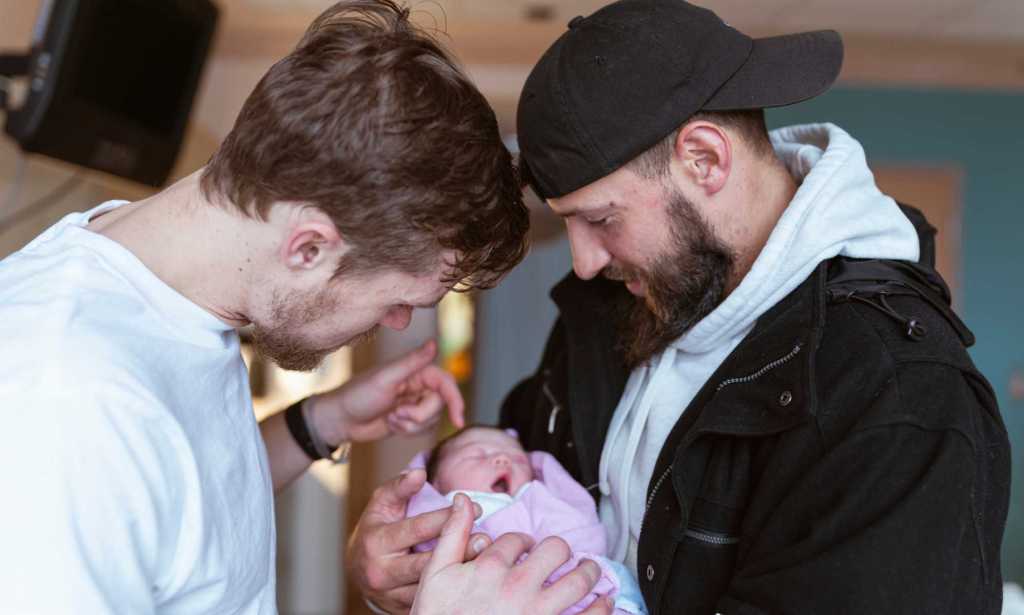Government to drop ‘discriminatory’ law stopping people with HIV starting a surrogate family

The government has pledged to drop laws preventing people with HIV start families through surrogacy. (Pexels)
The UK government has committed to dropping a law that previously prevented people with HIV from becoming parents through surrogacy.
Minister Maria Caulfield MP announced the progressive legislation change in Parliament on Tuesday (24 October) during a discussion on IVF provision.
This new legislation will allow for people living with HIV who have an undetectable viral load – meaning they can’t pass HIV on – to donate eggs or sperm for surrogacy.

These changes have been campaigned for by the National AIDS Trust for several years. Their campaign built heavy support over the past 18 months, with hundreds signing a petition, writing to their MPs, and marching at London Pride in support.
Under Parliament’s proposed changes, it will no longer be unlawful for couples (either same-sex or mixed sex) living with HIV to use a surrogate, or for a person to receive a gamete donation from a friend or relative living with HIV.
Speaking at Parliament on Tuesday, Minister Caulfield said: “I am pleased to announce that, following the advice of the Advisory Committee on the Safety of Blood, Tissues, and Organs, the Government will be introducing secondary legislation to allow the donation of gametes by people with HIV who have an undetectable viral load; we will be introducing that as soon as we can.
“We will also be addressing the current discriminatory definitions of partner donation, which result in additional screening costs for female same-sex couples undergoing reciprocal IVF; again, amendments through statutory instruments will be introduced as soon as possible.”

Welcoming the legislation change, Deborah Gold, CEO of the National AIDS Trust said in a statement: “After years of campaigning on this issue, this morning we heard the Government finally commit in Parliament to change the discriminatory law that stops many LGBT people living with HIV from starting a family.
“The Government’s decision follows the science and we now urge them to act swiftly on their commitment and table secondary legislation to remove these regulations from the statute book as soon as possible.
“This change will transform the lives of some people living with HIV who have until this point been barred from the opportunity to become a parent through fertility treatments.”
On the National AIDS Trust’s campaign page, two aspiring parents have shared their stories, explaining why legislation changes like this are so important.
One man named Andrew shares: “The whole thing just feels so outdated. I’m on treatment which means the HIV in my body is undetectable and I can’t pass it on, so this law doesn’t even need to exist.
“I was being told I can’t have my own biological child when there’s no reason for it. It feels like the government is practically forcing infertility on LGBT+ people living with HIV.”
Meanwhile, another man named Noel says: “I’d like to be a parent like anyone else- my motivations are no more different than the rest of the world. I’d love to be a parent. It’s just something that I’d like to do, it’s not all that unusual. The law stops me from having the future that I would want, with a family.”

